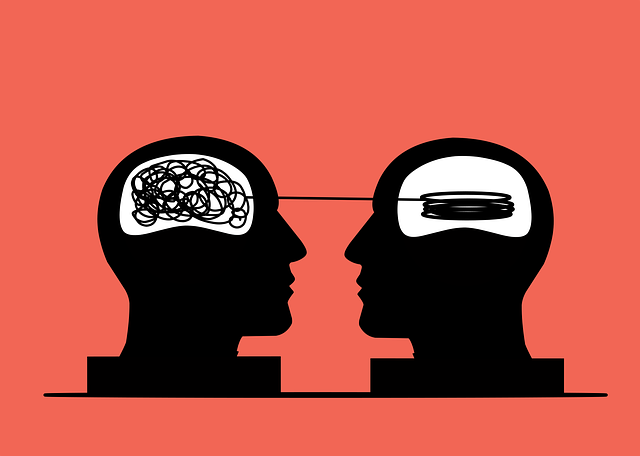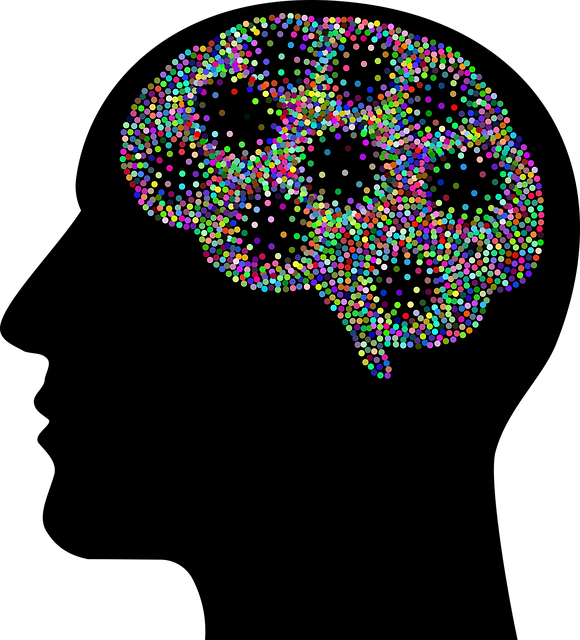Resilience, crucial for children facing interpersonal challenges, is enhanced through the Resourceful Living Model (RFM) in therapy sessions. This holistic approach identifies strengths and coping skills, fostering self-efficacy and better stress management. Early intervention, like stress workshops, and tailored activities empower kids to navigate social interactions, improve emotional regulation, and build healthy relationships, ultimately boosting mental wellness. Effective implementation of RFM and risk management planning in therapy for children interpersonal issues is key to improving their academic and social thriving.
In today’s fast-paced world, fostering resilience in children is more crucial than ever. This article explores the powerful tool of RFM (Resilience, Flexibility, and Mastery) and its role in children’s therapy, specifically addressing interpersonal issues. We’ll delve into identifying challenges within social interactions and provide practical strategies for implementing effective resilience-building exercises. By understanding these concepts, therapists can equip kids with essential skills to navigate life’s obstacles and enhance their overall well-being, particularly when dealing with interpersonal problems.
- Understanding RFM and Its Role in Children's Therapy
- Identifying Interpersonal Issues in Kids
- Implementing Resilience-Building Exercises Effectively
Understanding RFM and Its Role in Children's Therapy

Resilience is a critical component of mental health, especially for children navigating interpersonal issues. This is where RFM (Resourceful Living Model) steps in as a powerful framework in children’s therapy. The model focuses on enhancing a child’s ability to cope with challenges by fostering a sense of self-efficacy and building meaningful resources. By understanding their strengths and resources, children can develop strategies to manage stress and adversity, thereby improving their overall mental wellness.
In the context of therapy for interpersonal issues, RFM encourages a holistic approach. It involves identifying and cultivating personal strengths, social support networks, and problem-solving skills. This personalized process empowers children to face emotional challenges head-on, promoting mental health policy analysis and advocacy for effective long-term solutions. Moreover, incorporating RFM into therapy sessions can be a game-changer, even in the production of mental wellness podcast series, offering engaging content that resonates with both young listeners and their caregivers.
Identifying Interpersonal Issues in Kids

Identifying interpersonal issues in children is a critical step toward fostering their resilience and overall mental wellness. Children often struggle to express their emotions and communicate effectively, making it essential for parents and caregivers to be vigilant. Therapy for children with interpersonal problems can provide much-needed support and guidance. Through structured sessions, kids learn to navigate social interactions, build healthy relationships, and manage emotional responses, all of which are vital self-care practices.
Early intervention is key in preventing these issues from escalating. Stress management workshops designed specifically for children teach them coping mechanisms and promote a sense of calm. Organizations dedicated to mental wellness offer valuable resources and programs that equip kids with the skills to handle interpersonal challenges, ensuring they can thrive both academically and socially.
Implementing Resilience-Building Exercises Effectively

Implementing Resilience-Building Exercises Effectively
Resilience is a vital component of mental well-being, especially for children facing interpersonal issues. Therapy for Children designed to enhance resilience equips young individuals with coping strategies that enable them to navigate life’s challenges more effectively. These exercises go beyond mere problem-solving; they foster self-awareness, emotional regulation, and healthy interpersonal dynamics. For mental health professionals, integrating resilience-building into therapy sessions requires a strategic approach, aligning with comprehensive Risk Management Planning for Mental Health Professionals. By creating a safe and supportive environment, therapists can guide children through exercises that promote positive self-talk, stress management techniques, and effective communication skills.
Effective implementation involves tailoring activities to the child’s age and unique needs, ensuring they are engaging and accessible. Mood Management strategies, such as mindfulness practices and cognitive reframing, can be particularly beneficial in trauma support services, helping children process difficult emotions and reduce the impact of past traumatic experiences. Through regular practice, these exercises empower children with the tools needed to build resilience, thereby improving their overall mental health and quality of life.
Resilience is a powerful tool that can significantly enhance therapy for children, addressing interpersonal issues effectively. By understanding RFM (a key framework in children’s therapy) and implementing tailored resilience-building exercises, professionals can empower kids to navigate challenges. This approach not only fosters personal growth but also equips young individuals with the skills to build strong, healthy relationships, thereby creating a positive impact that reverberates throughout their lives and communities.














